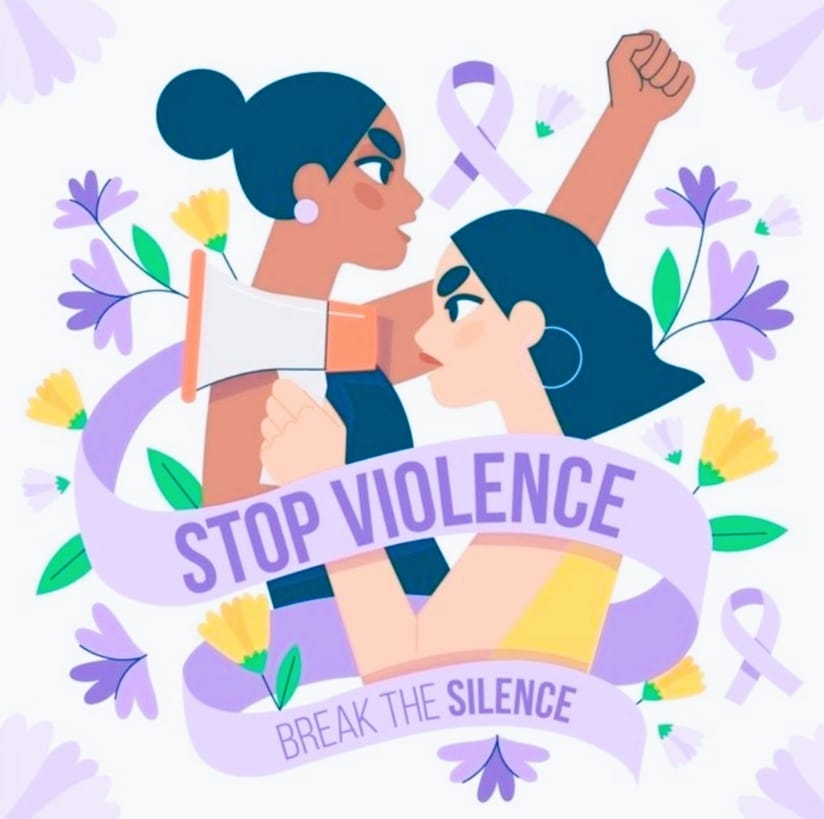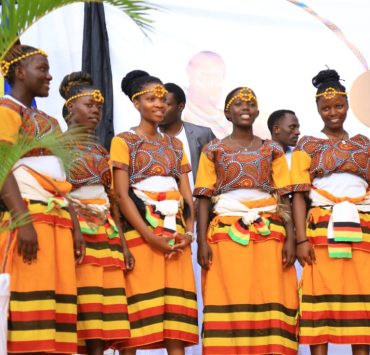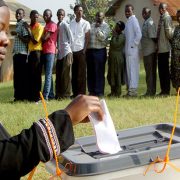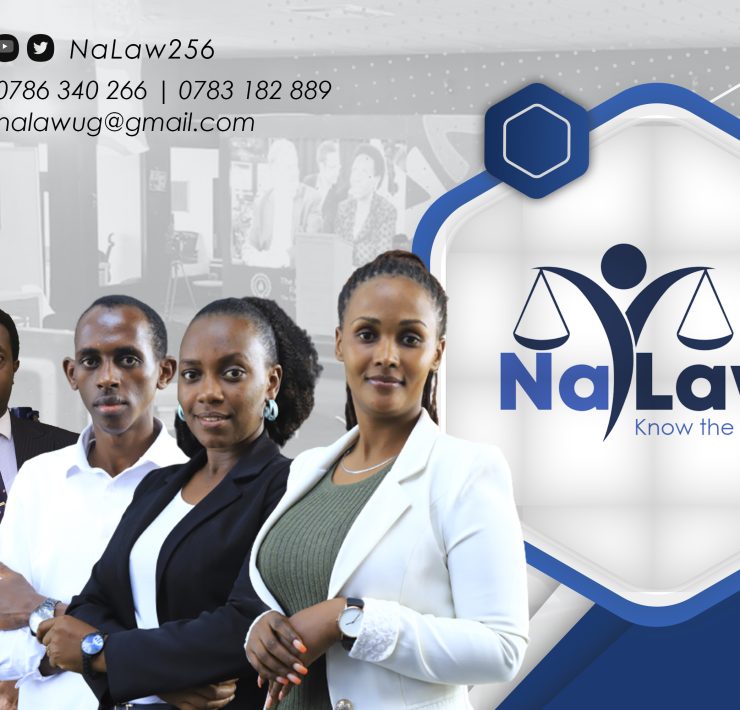The Role Of Media In The Eradication Of Sexual Gender-Based Violence

“Breaking the silence, igniting change: Unleashing the power of media in the fight against SGBV.”
In recent years, the fight against Sexual and Gender-Based Violence (SGBV) has gained significant attention globally. It is an issue that requires collective efforts from all sectors of society, including the media. The media plays a crucial role in combating and preventing SGBV by raising awareness, facilitating public discourse, and holding institutions accountable.
Sexual gender-based violence disempowers, leaving those that have survived it feeling ashamed, stigmatized, and unheard because For centuries the role of traditional media has always been to Inform, Educate, and Entertain and whereas media formats have evolved over the years, these remain unchanged.
But have these tenets of a centuries-old profession ably and effectively been applied in ensuring that these harmful and transformation-crippling voices are fully eradicated?
Kansiime Tracey, the media personality, communication strategist, and co-founder of Nalaw Foundation, says that she strongly believes in the transformative power of media. She acknowledges its remarkable ability to empower and make a significant impact on the masses. Recognizing that information is power, Tracey and her colleagues identified a crucial gap between the existing laws and policies and their intended beneficiaries.
The citizens of Uganda, particularly the young people constitute 78% of the population. While some argued for changes in laws and the enactment of new ones, we understood the importance of bridging the knowledge gap between the law and the youth to combat sexual and gender-based violence (SGBV).
Driven by our passion for making a positive impact, we, as journalists, embarked on a mission to address the gap between the law and the citizens of Uganda. This led to the establishment of Nalaw Foundation Limited, an organization committed to promoting access to justice through innovative media approaches. With a strong focus on empowering individuals with legal knowledge and resources, we have developed various initiatives to simplify the complexities of the law.
NALAW Foundation actively works towards combating SGBV by ensuring that individuals have the necessary knowledge and understanding to protect their rights. Through strategic partnerships and our commitment to innovation, we amplify voices and promote justice, making a tangible difference in the lives of the citizens we serve. We believe that by empowering individuals through accessible information, we can foster a society that is better equipped to address and prevent SGBV, promoting a culture of respect, equality, and justice for all.
“Media houses should invest in investigating the prevailing and existing SGBV cases in the country effectively, “ says Mpindi Abaas CEO and Co-Founder of Media Challenge Initiative “They should work even in those investigations to safeguard people that have been affected by SGBV so that they are not exposed to stigma but most importantly they are not exposed to more crimes and harassment while dealing with the impact of SGBV.
Mpindi firmly acknowledges that alongside thorough investigations, media outlets should also invest in documenting critical responses that are working in communities so that they can showcase how organizations and individuals responding and fighting to end SGBV, ” because once we have investigations and responses covered to show how people are working to stop this problem then we can foster spaces to have more public dialogue and conversations, stories can be screened, alongside media campaigns including use of social media to follow up such stories so that they go beyond the one day of coverage or publishing and posting to rather continuous conversations through the trans-media approach .”
Along with these, is the ability of the media to be the watchdog, holding leaders accountable, raising awareness, driving behavioral change communications, and availing access to information on justice for survivors of sexual gender-based violence.
Information is a very powerful tool in any fight, imagine knowing the enemy’s tactical moves before engaging in combat, the kind of decisions one would be able to make would be life-saving. we can all agree that prevention is better than cure but for that to happen, you must be equipped with the right information.
The Media has done quite a commendable job of addressing the elephant in the room, shading light not just on the dire and extreme nature of some of the sexual gender-based violence cases take, but also putting faces to the grueling statistics, and providing an avenue for survivors to share their stories. Sexual gender-based violence perpetrators take away their victim’s voices not just literally but figuratively too and the media has continuously put efforts into giving it back to them.
Furthermore, the media has taken on the responsibility of promoting Gender-Sensitive Reporting, recognizing the need to report on SGBV cases with sensitivity, accuracy, and ethical considerations. Through various means such as legal training and campaigns , guidelines, and partnerships with organizations like the Media Challenge Initiative, they have actively worked towards encouraging gender-sensitive reporting practices. Equipping established journalists with enhanced skills and knowledge on how to report SGBV stories, will change the narratives that cultivate empathy, foster understanding, and contribute to informed public discourse.
Media has also played a significant role in ensuring accountability and justice by exposing institutional deficiencies, corruption, and systemic failures through investigative journalism. By bringing SGBV cases into the spotlight, the media acts as a catalyst for societal transformation, shedding light on the existing gaps within the justice system. Collaborating with media organizations, NaLaw and its partners have conducted thorough investigations and reported extensively on SGBV-related issues. Through these collaborative endeavors, the media actively advocates for justice, emphasizing the importance of accountability and pushing for systemic enhancements in addressing SGBV.
In conclusion, according to the law, ignorance of the law is not a defense applicable, in arguing any case and yet it is also a fact that one of the causes of these heinous acts is the lack of education. With such polarized views, the ordinary citizen is likely if not for the dissemination of information through the media likely to find themselves in direct contradiction of the law. The media educates on the legal provisions of SGBV and is usually sought after because of its ability to engage and reach wider audiences, at their convenience and in their preferred languages.
This article was first published in the JLOS Bulletin Special Edition on SGBV
Written by Kekimuri Sarah,
CEO Nalaw Foundation
Multimedia Journalist










